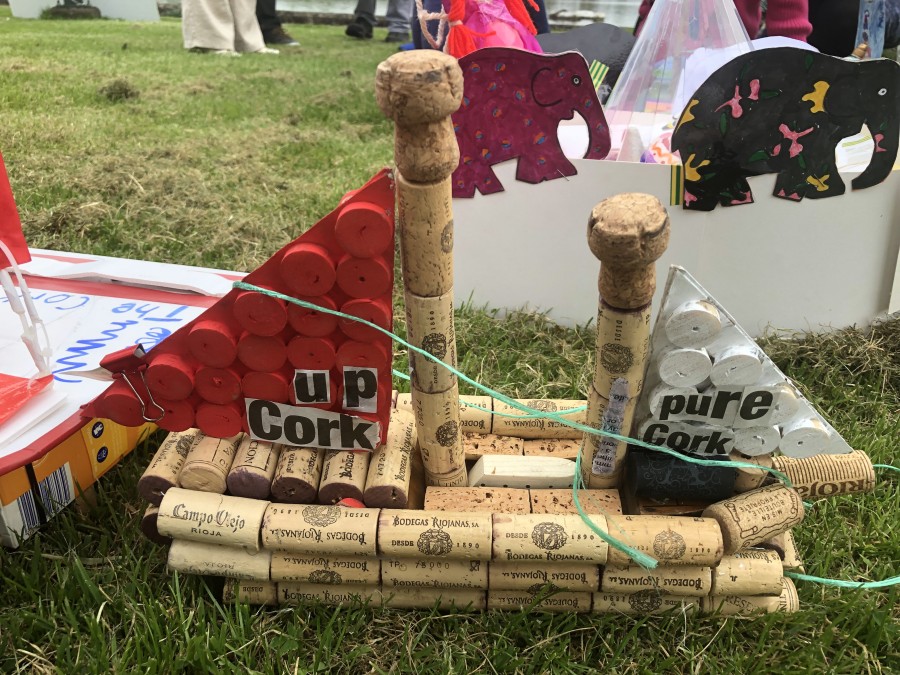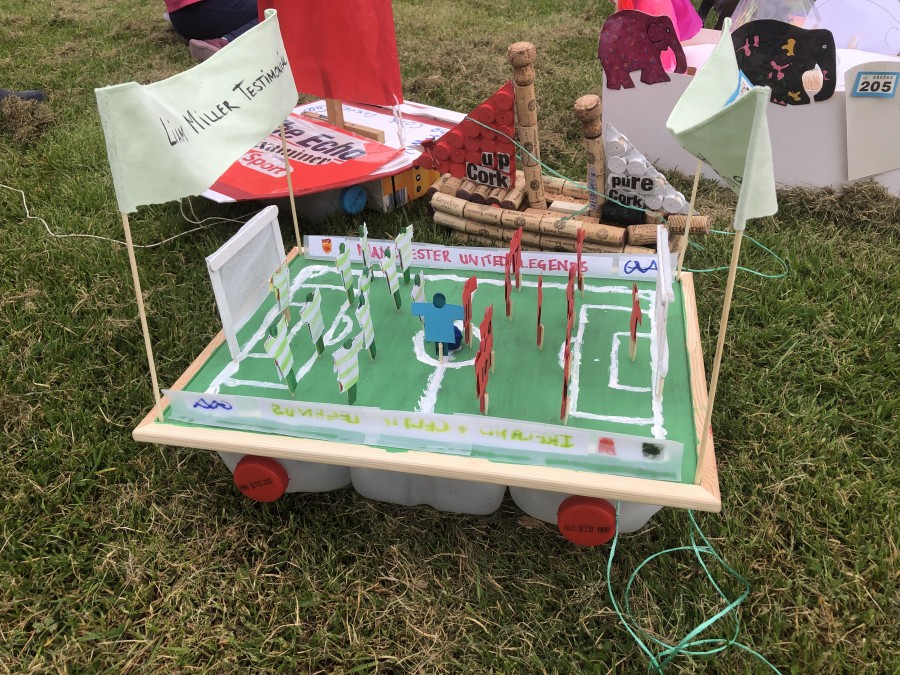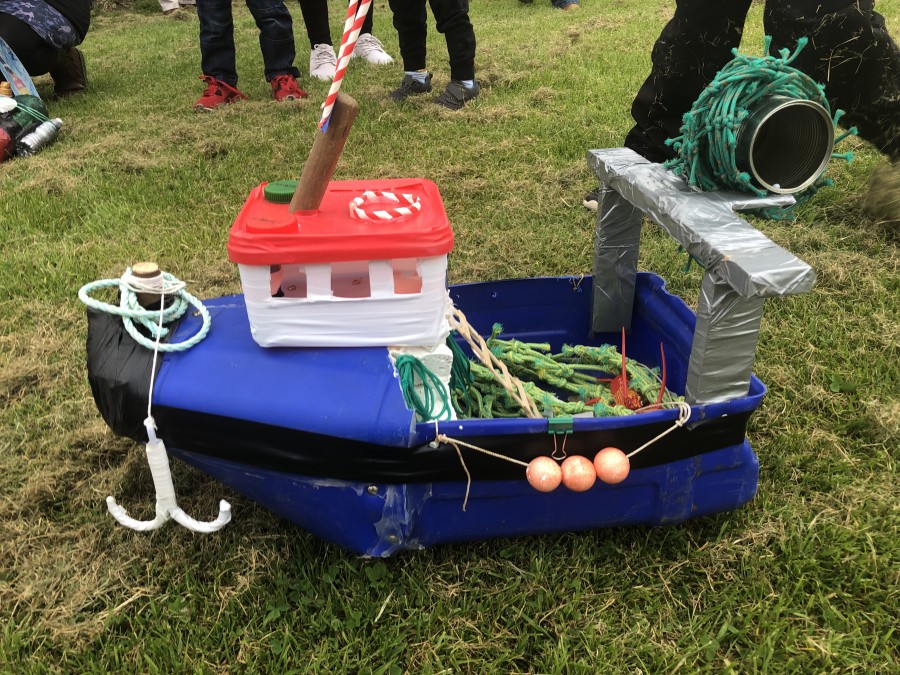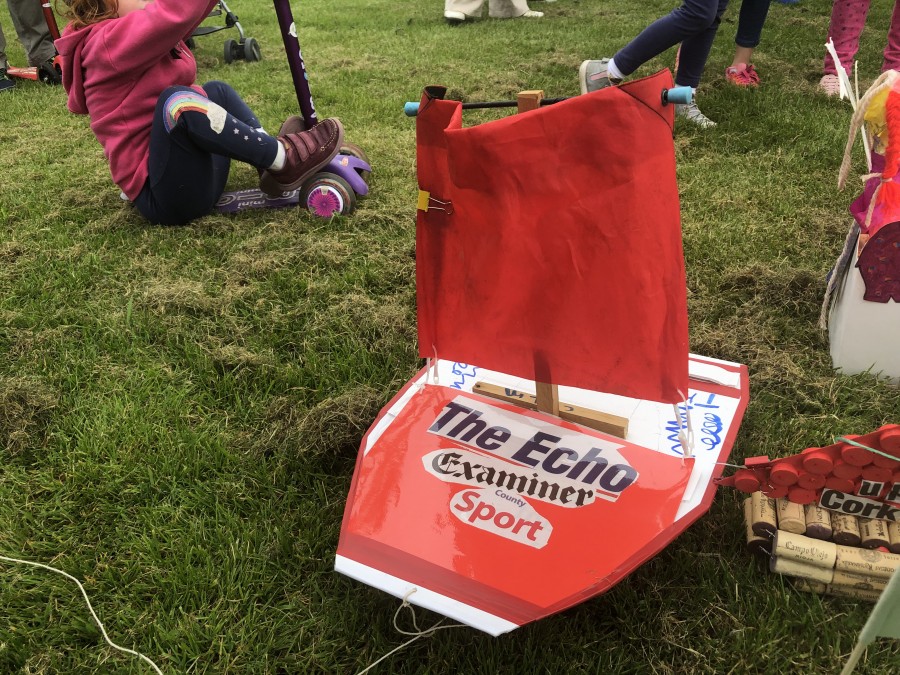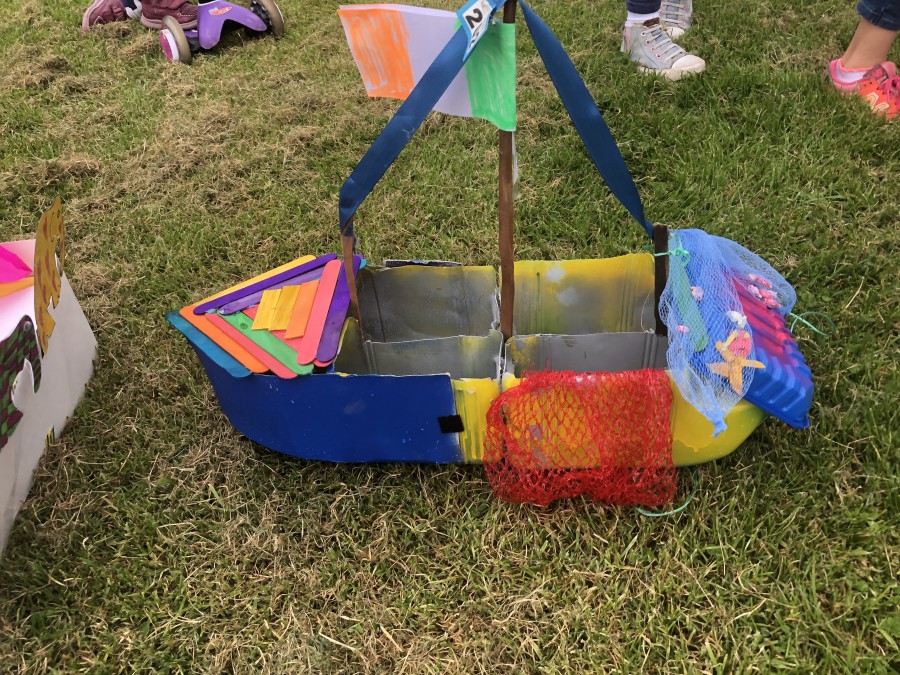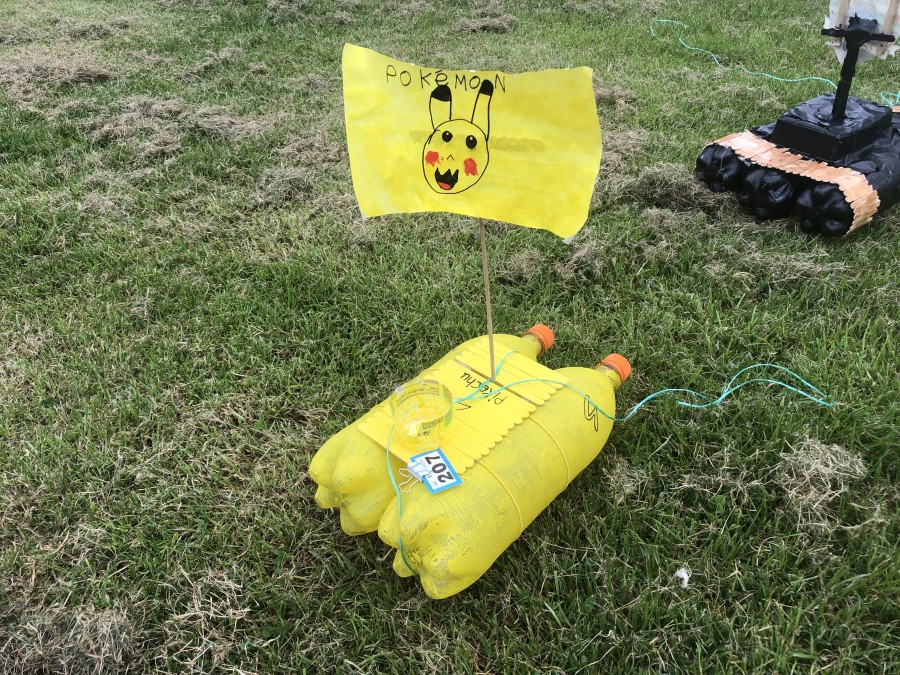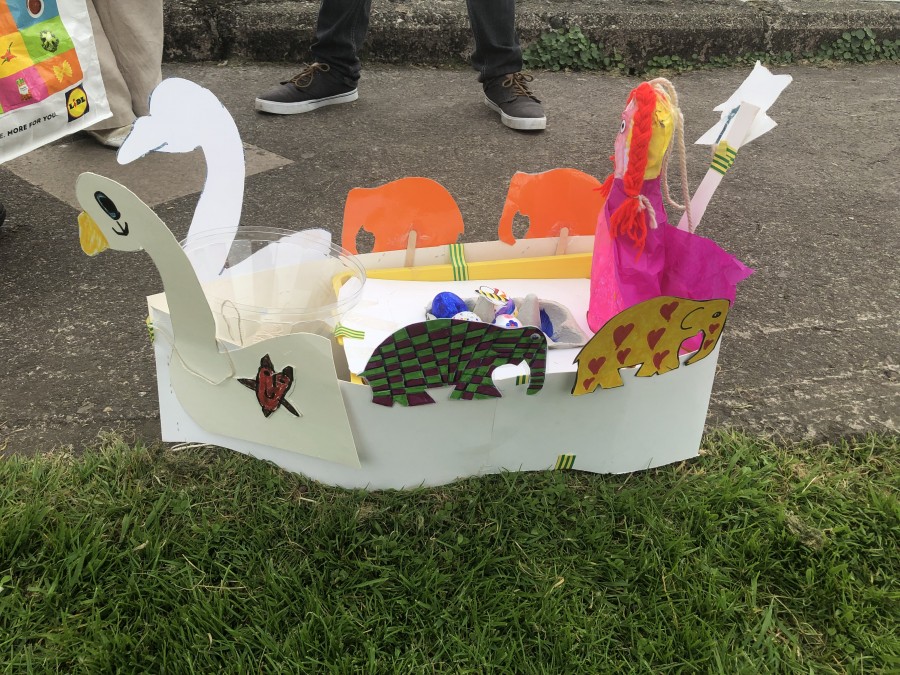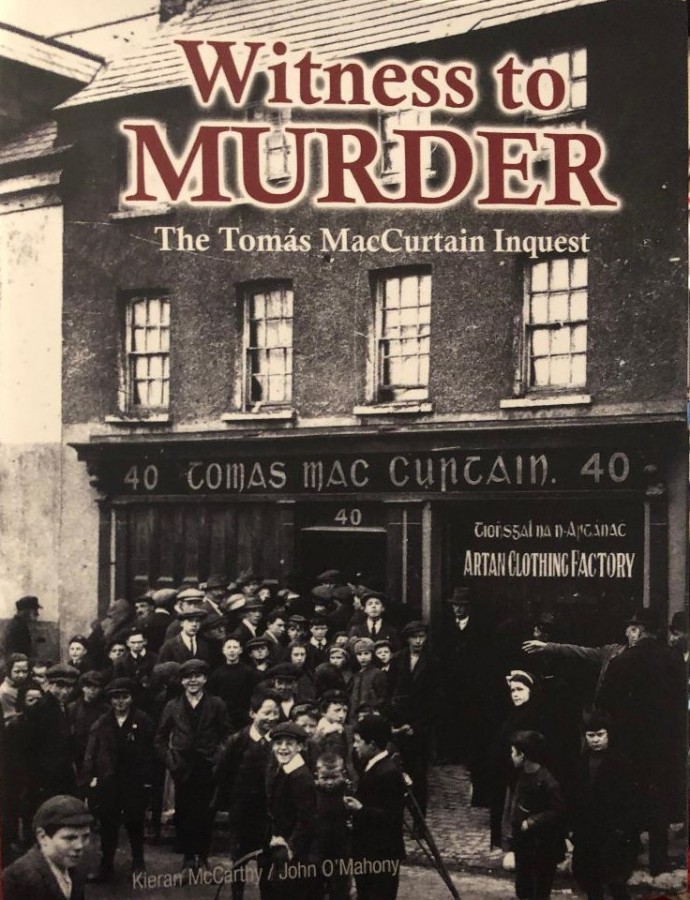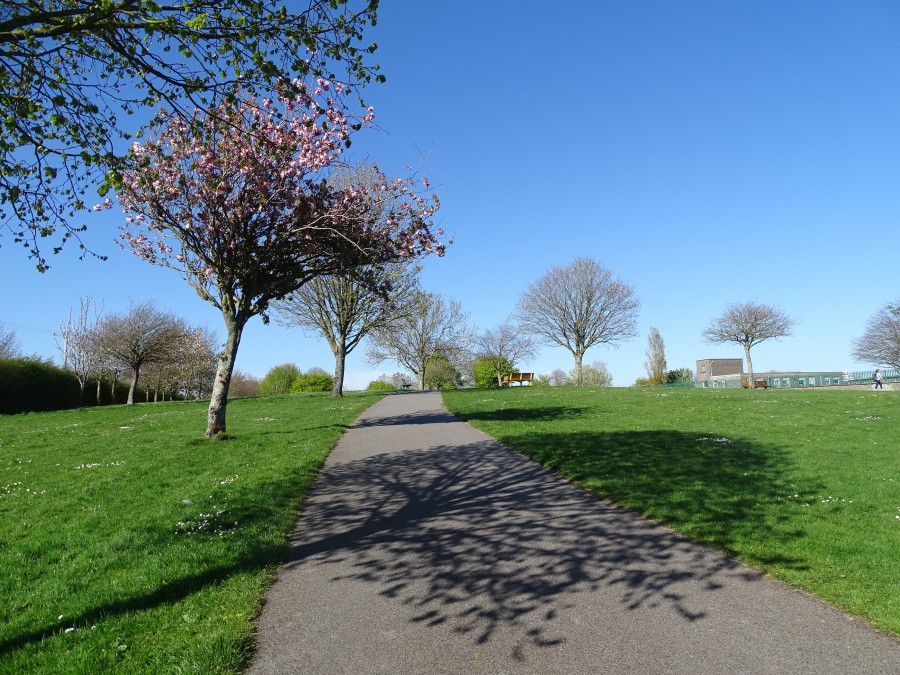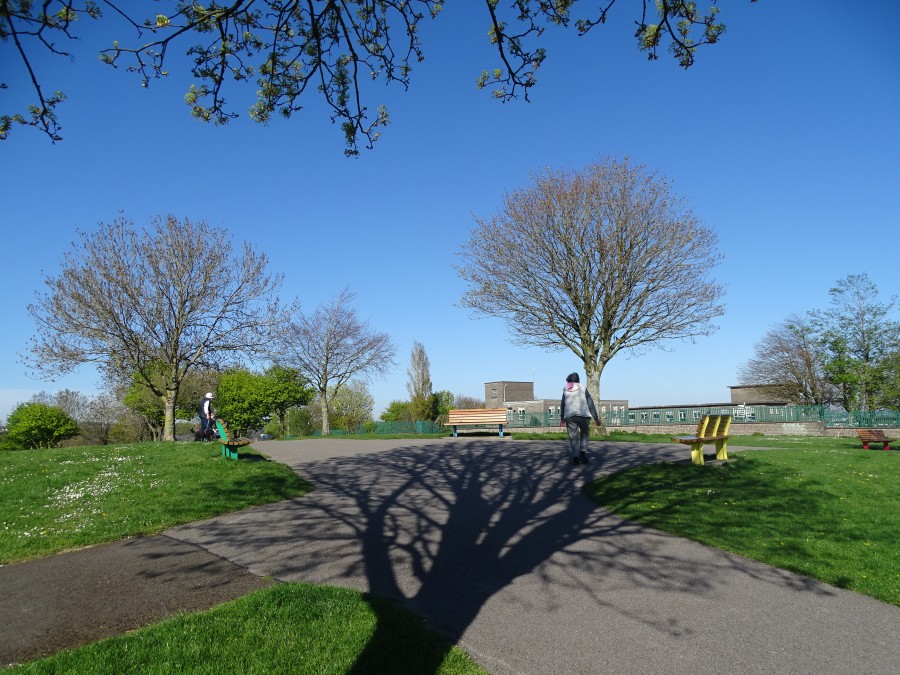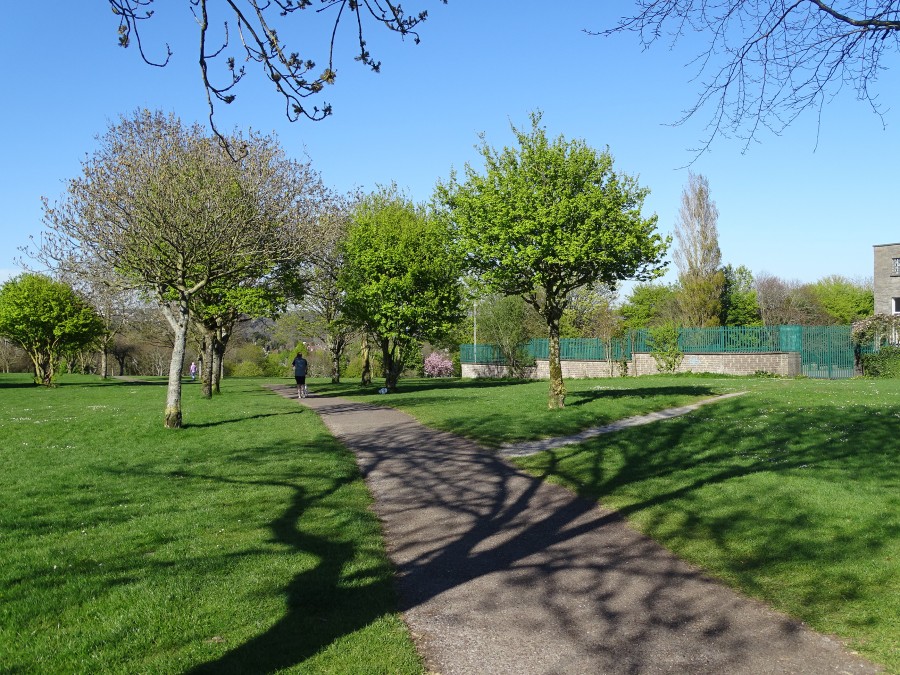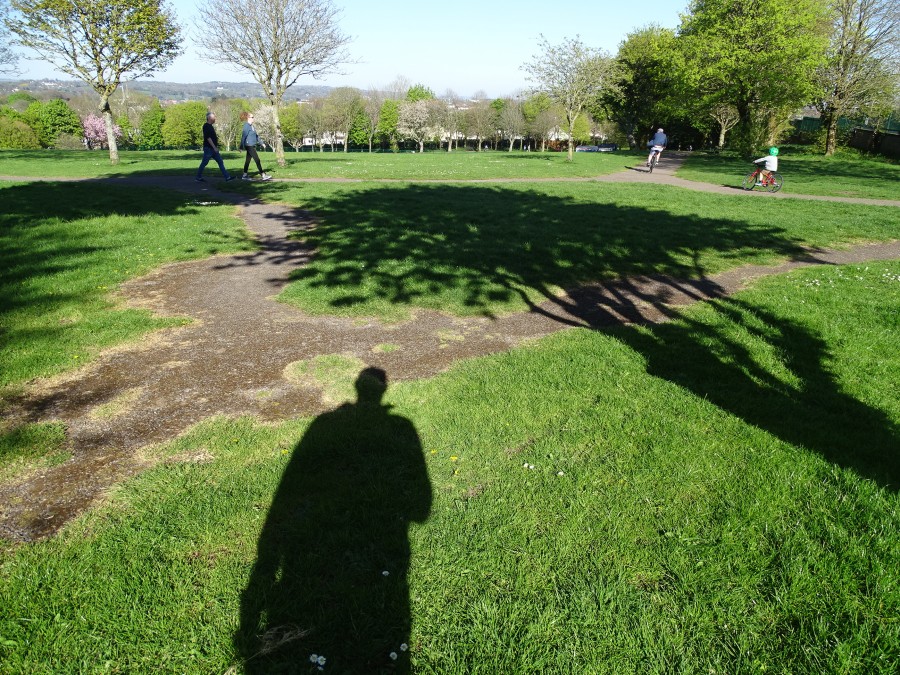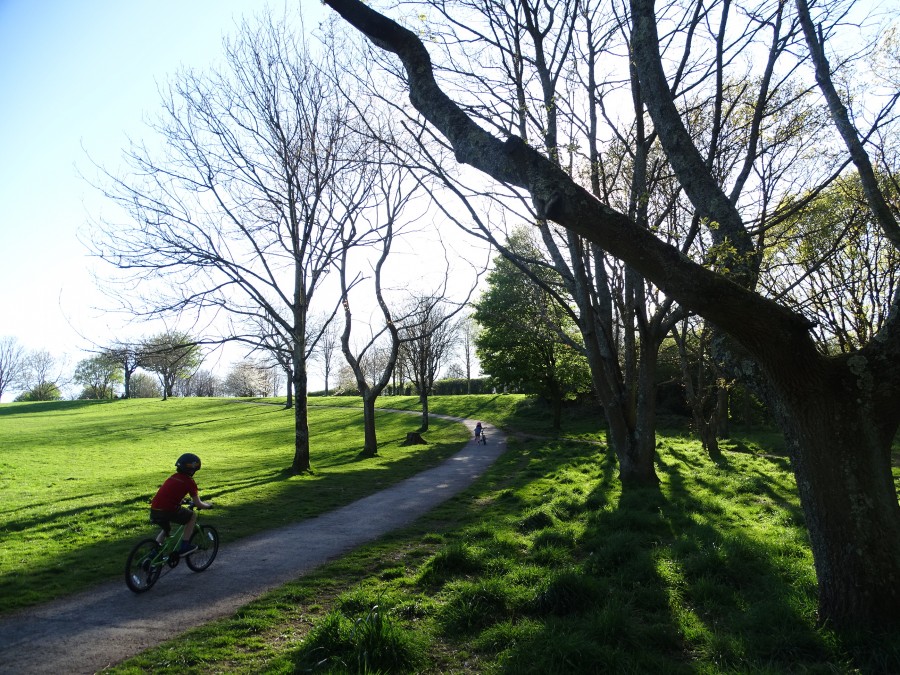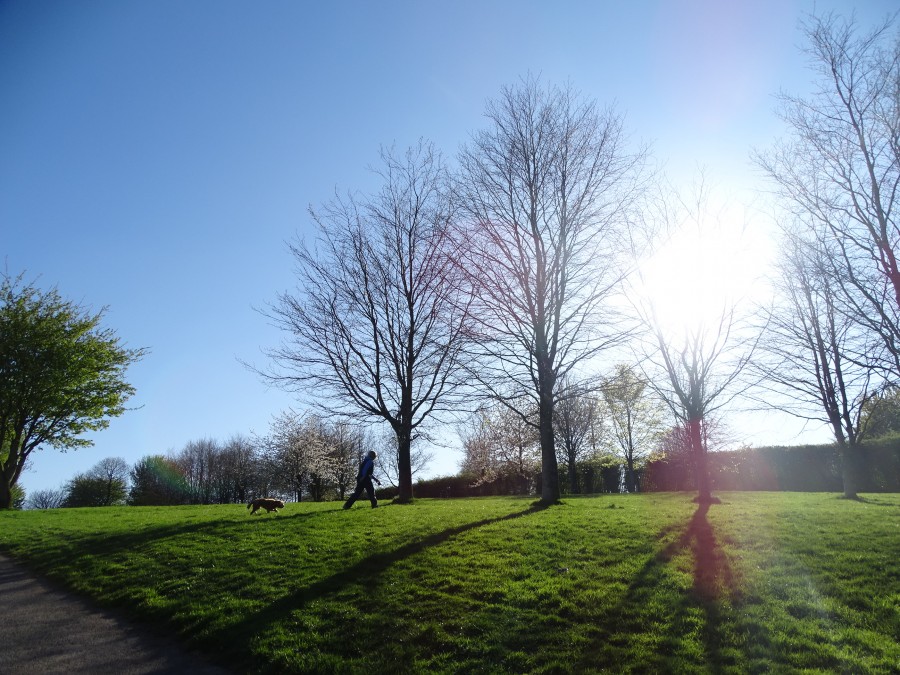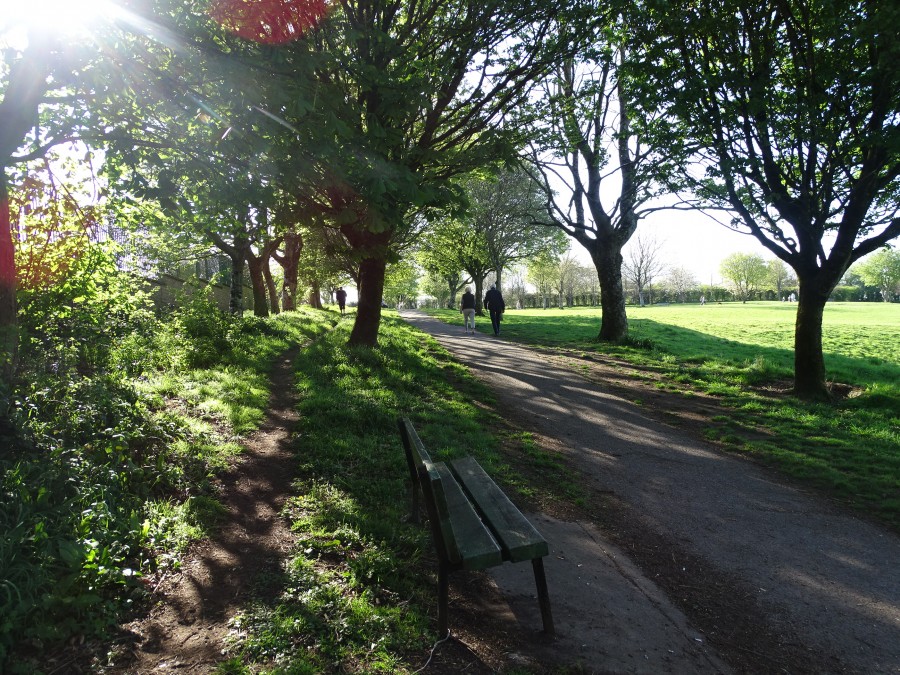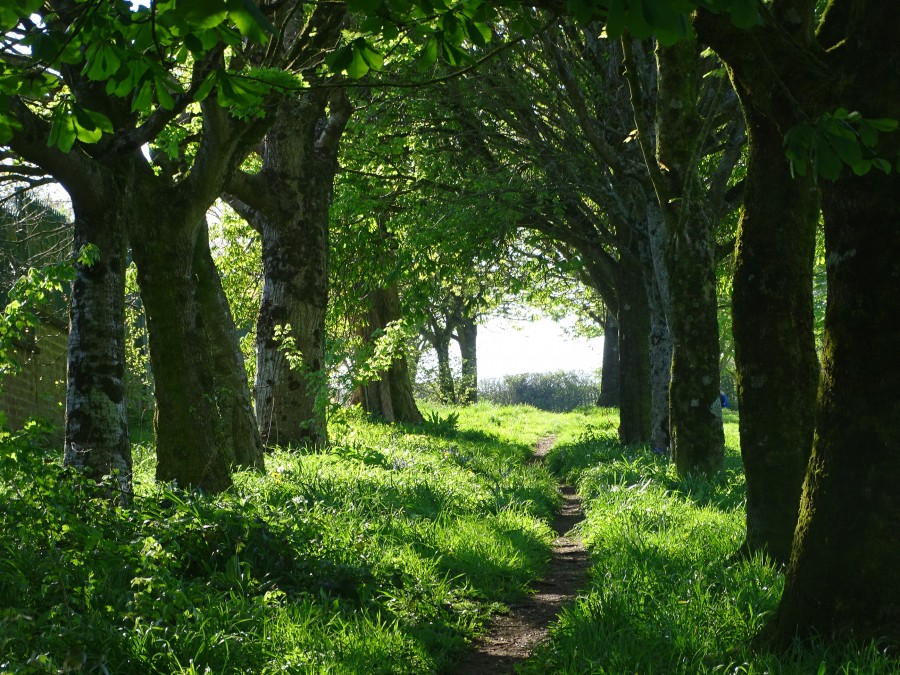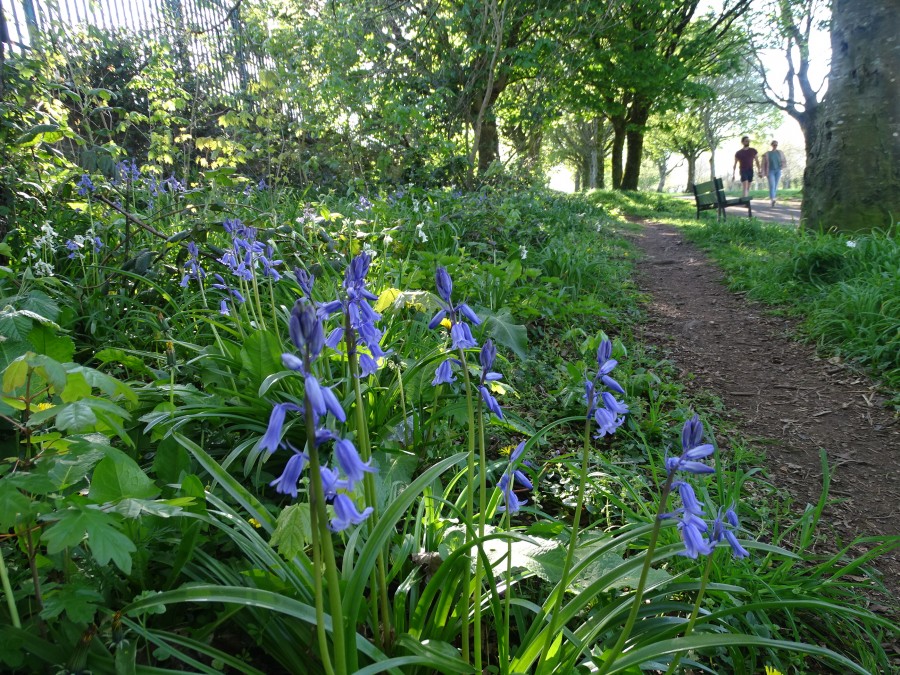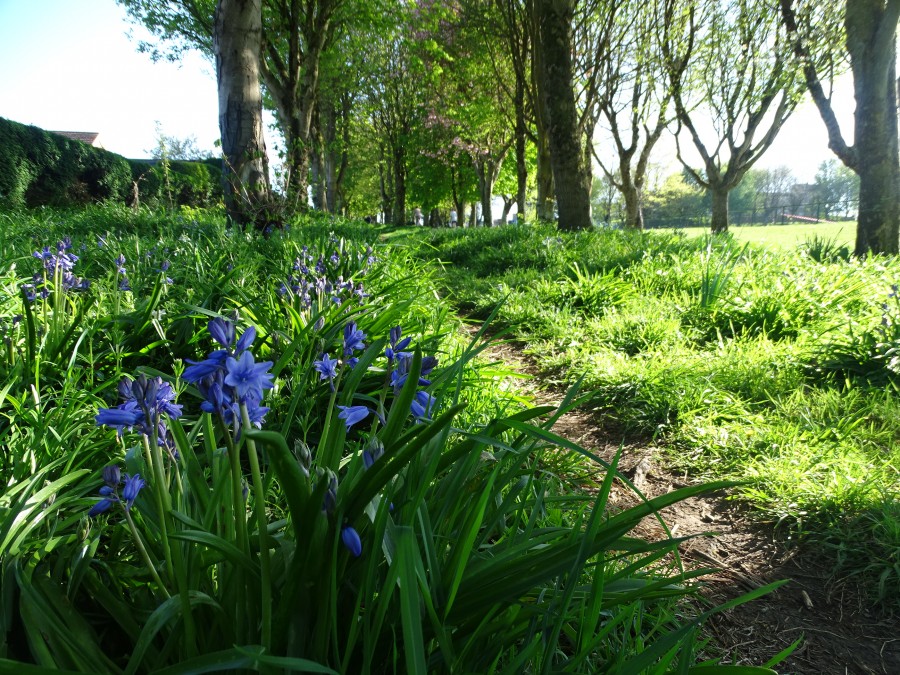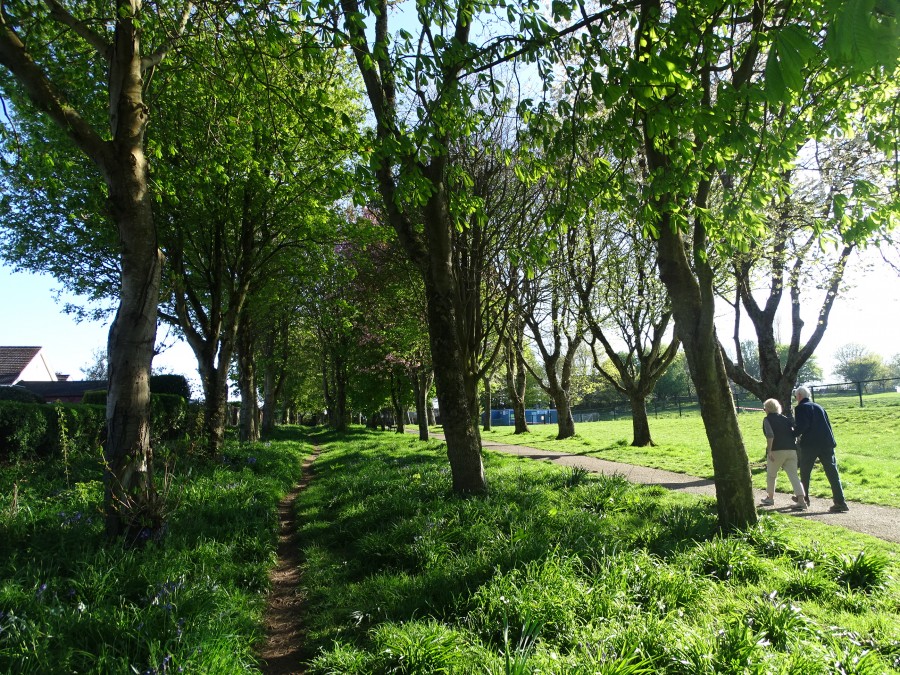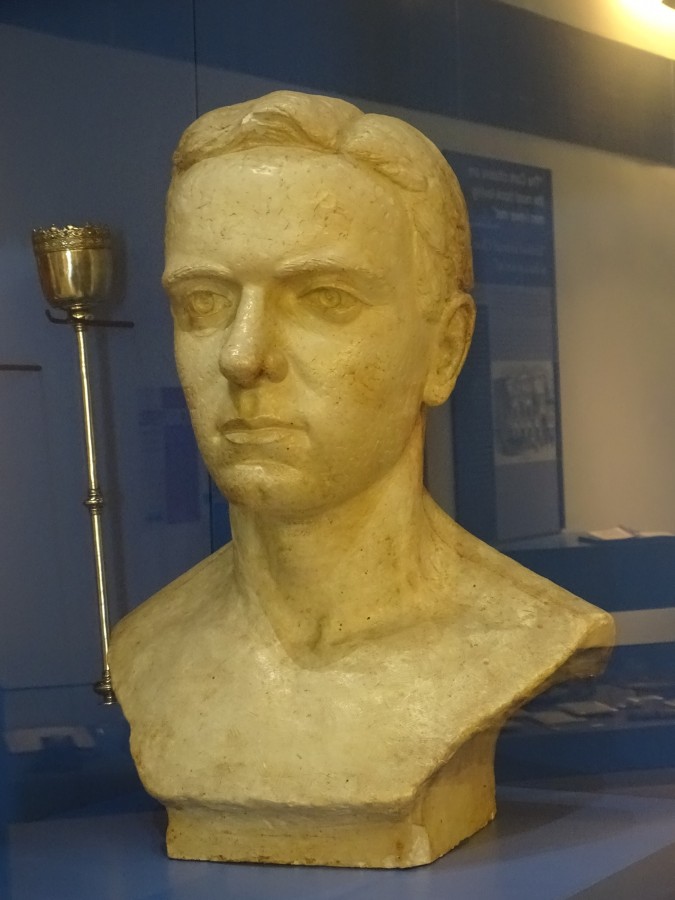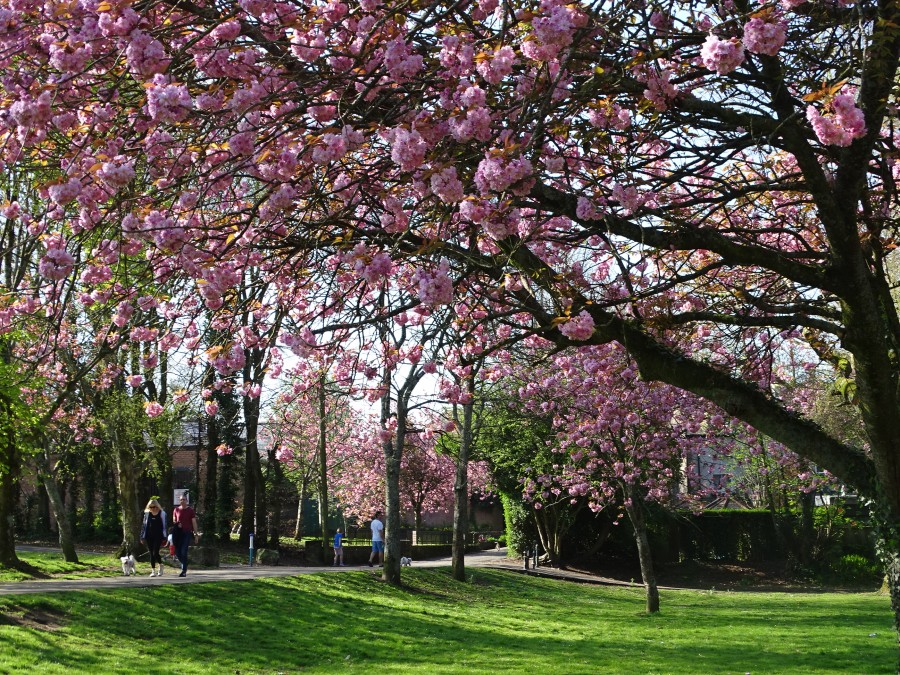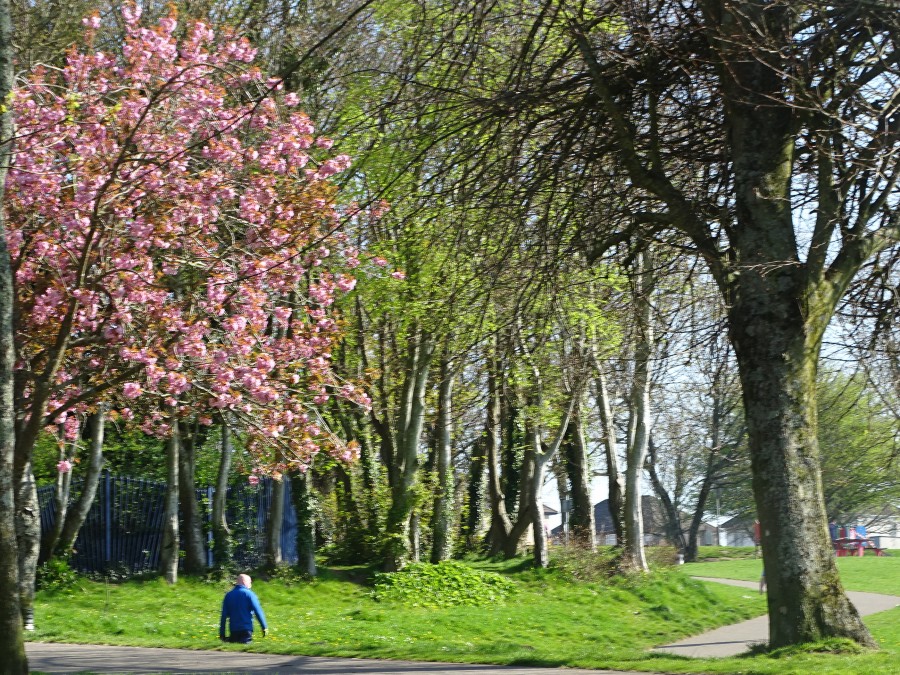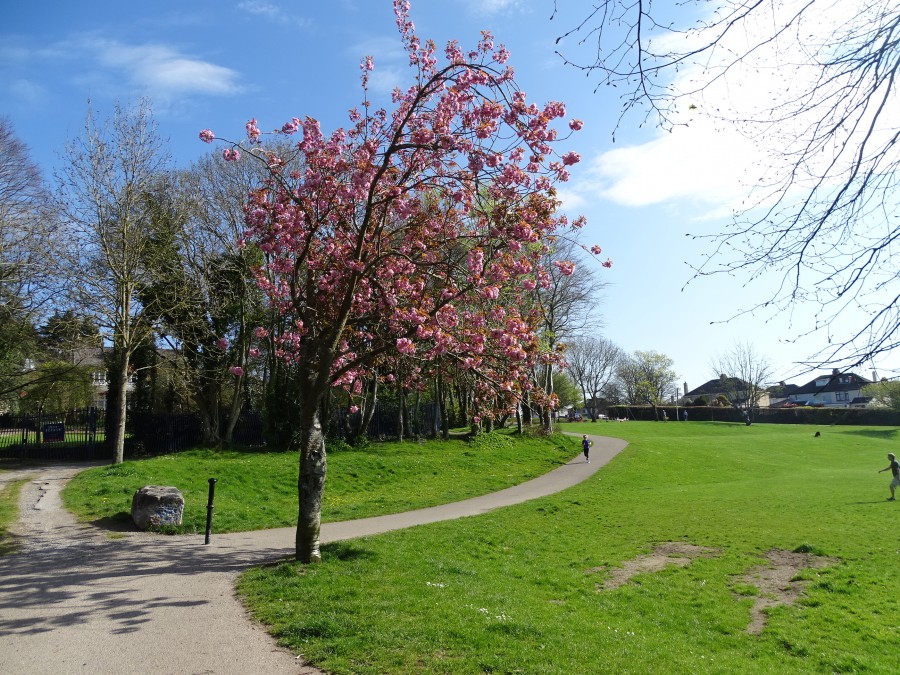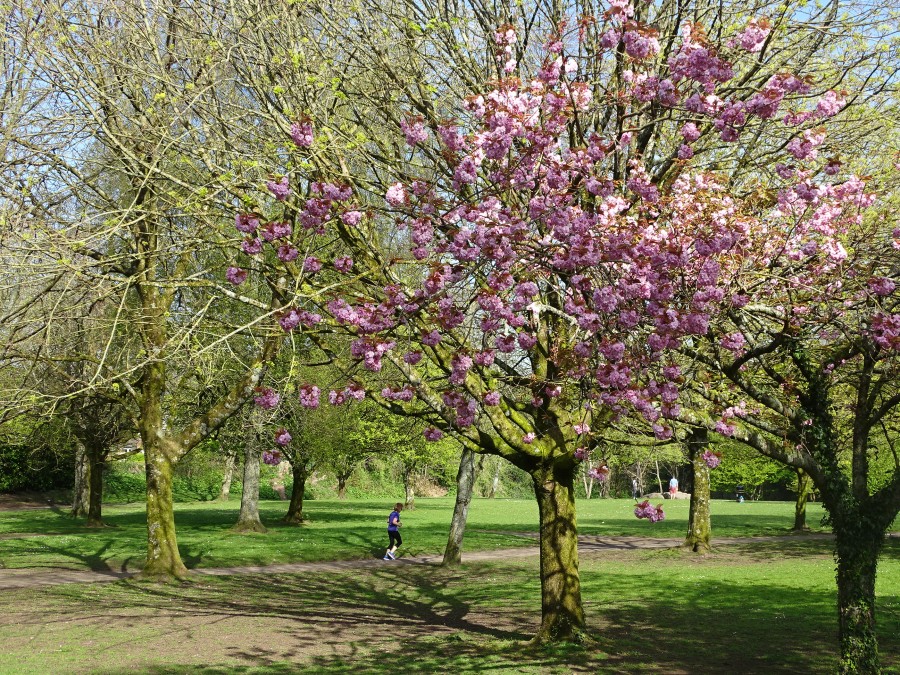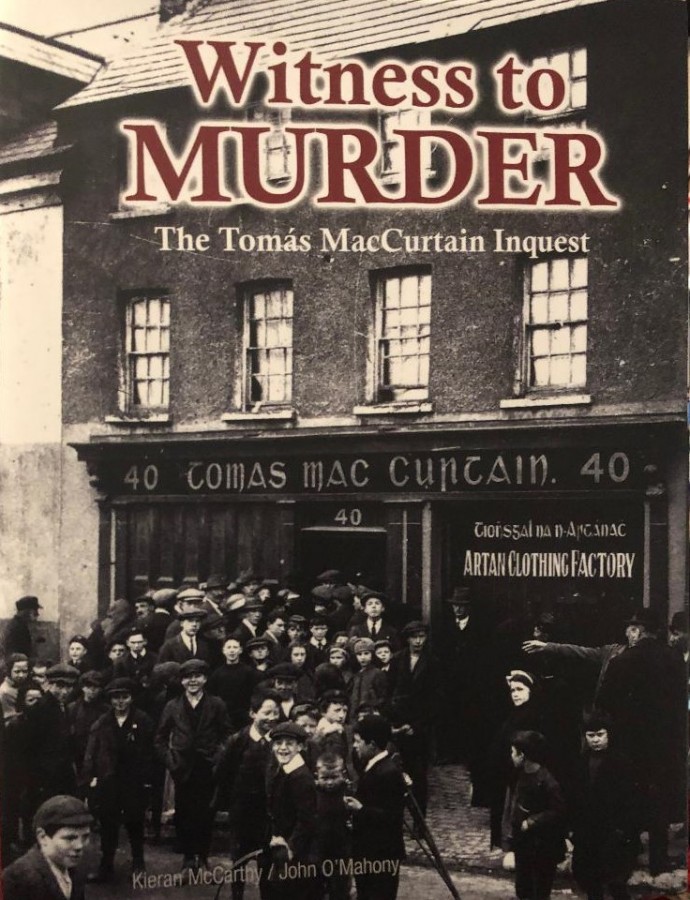Press Release:
The European Committee of the Regions Conference of Presidents highlighted the key role of Regions and Cities in implementing measures to defeat the Corona Virus. The European Commissioner for Health and Food Safety Stella Kyriakides spoke to members about the measures taken by the European Commission including the coordination of efforts and the solidarity between our regions.
A subsequent debate also took place with Jan Olbrycht, European Parliament Co-rapporteur on the Multiannual Financial Framework 2021-2027 where Cllr McCarthy spoke of the future budget to also be more accessible to Regions and Cities and called for specific actions to help SME’s with specific measures for the tourism sector.
Cllr McCarthy also welcomed a strong joint statement by the Conference of Presidents, as follows:
COVID-19: We call for an ambitious recovery plan for a sustainable, resilient and socially-just Europe, which leaves no places and no people behind
As mayors, presidents of regions and local and regional councilors we are on the front-line in the fight against the Coronavirus. The unprecedented nature of the COVID-19 shock requires immediate measures and a bold social and economic recovery plan for the European Union, built on solidarity, sustainability, resilience and social justice, in line with the European Green Deal and digital transition agenda. Together with all levels of government across Europe, we commit to join efforts to fight the pandemic, protect our people and contribute to the economic, social and financial recovery.
In these difficult times, our priority as regional and local authorities is to continue providing healthcare and public services to our communities, making sure that no one is left behind. We are doing all possible efforts to support the local economy, save jobs, create new employment opportunities, help all companies to continue their businesses and provide quality education. Our work on the ground complements the efforts put in place at EU and Member States level, but more needs to be done, particularly regarding solidarity beyond borders.
Therefore, it is key for us to create an EU Health Emergency Mechanism as a synergy tool to integrate and streamline EU, national and regional/local resources in order to fund the purchase of medical equipment and facilities, deepening the efforts the European Commission has already done on the matter. The EU must also finance a regional health and hospitals programme to assess, refit and monitor regional health systems’ capacity on the ground and invest to ensure healthcare sustainability. A new EU Pandemic Coordination Centre should directly involve regions and cities. A more efficient cross-border coordination must be put in place for providing health services to citizens. In the future, the EU, Member States as well as cities and regions should assess ways of rebalancing their health competences in line with the subsidiarity principle.
To compensate income tax losses, EU mechanisms to allow Local and Regional Governments to have direct access to funding scheme should be developed. Regional and local communities must be supported to reengineer public services to make them digital, sustainable and resilient. The EU should provide new funds and simplified procedures for sustainable local infrastructure, and support SMEs via a post-pandemic strand in the InvestEU Fund. A dedicated aid programme must also be set for small enterprises who suffered disruptions in the food supply chain. A rural inclusion plan should be developed to boost innovation, entrepreneurship and connectivity in rural areas.
We call for an ambitious recovery plan for a sustainable, resilient and social Europe that builds a new circular and inclusive economy, activating all existing tools to ensure financial solidarity. One that develops new commonly-funded financial instruments and sources of income which have sufficient size and long maturity to be fully efficient. At the centre of such a recovery plan should be an EU Recovery Fund, connected to the EU budget and based on European debt insurance. The Fund, which would have to amount to approximately € 500 billion, should allow for future-oriented investment. The new EU budget must be the backbone for the recovery and must be considerably increased to be a true instrument of solidarity and cohesion. Only an ambitious Multi-Annual Financial Framework, pushing EU budget investments to unprecedented levels, would be up to the challenge of a fair and sustainable recovery.
A way to unlock the necessary resources, and guarantee leverage and mobilization of further public and private investment, is to push the investment capacity of the EU budget by lifting, at least temporarily, the ceiling of the EU budget beyond the current 1.2% EU GNI, and by considering new own resources. The EU budget needs indeed strengthening to make additional investments and guarantees possible, to support national governments, regions and cities to restart the economy and guarantee a just transition. A strengthened cohesion policy aimed at reducing inequalities and improving resilience of Members States, regions, cities and villages across Europe is key.
All new measures, and the next Multiannual Financial framework, must take into account the concrete experience of regional and local authorities and support them to provide social care and all essential services for its citizens. One third of public service expenditure, and two-thirds of all public investment in the EU is carried out by local and regional authorities: they will be indispensable in rebuilding our economies, implementing the ecological transition and social innovation, so that no places and no people are left behind and they must be at the forefront of the formulation and implementation of the recovery plans.
* The Conference of Presidents of the European Committee of the Regions:
Apostolos Tzitzikostas, President of the European Committee of the Regions and Governor of the Region of Central Macedonia, Greece
Vasco Ilídio Alves Cordeiro, First Vice-President of the European Committee of the Regions and President of the Regional Government of the Azores, Portugal
Olgierd Geblewicz, President of the EPP Group in the European Committee of the Regions and President of the Westpomeranian Region, Poland
Christophe Rouillon, President of the PES Group in the European Committee of the Regions and Mayor of Coulaines, France
François Decoster, President of the Renew Europe Group in the European Committee of the Regions and Mayor of St Omer, France
Władysław Ortyl, President of the ECR Group in the European Committee of the Regions and President of the Podkarpackie Region, Poland
Kieran McCarthy, President of the EA Group in the European Committee of the Regions and Member of the Cork City Council, Ireland
Satu Haapanen, co-President of the Greens Group in the European Committee of the Regions and City Councillor of Oulu, Finland
